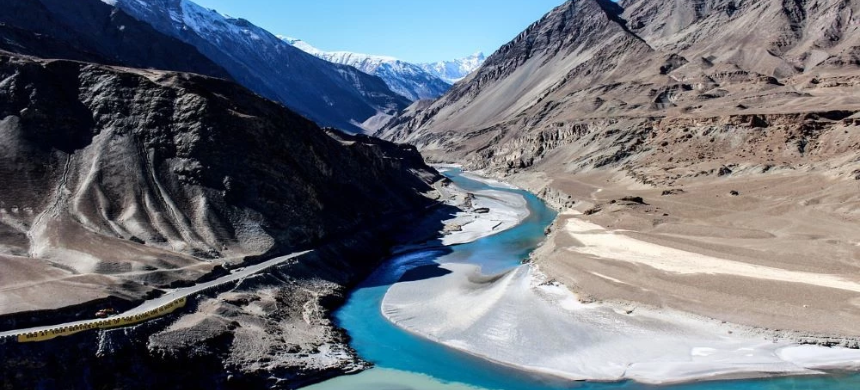India has announced to unilaterally suspended the 1960 Indus Waters Treaty with Pakistan, sparking concerns over regional stability and Pakistan’s access to essential water resources.
The move comes amid broader diplomatic measures including closing the Attari-Wagah border, reducing embassy staff, and halting visa services. Foreign Secretary Vikram Misri stated the treaty would remain suspended until Pakistan verifiably ends support for cross-border terrorism.
Read more: Is Pakistan Prepared to Tackle Its Escalating Water Crisis?
Signed in 1960 with World Bank mediation, the treaty allocated eastern rivers (Beas, Ravi, Sutlej) to India and western rivers (Indus, Jhelum, Chenab) to Pakistan. India retained limited use rights for the western rivers, mainly for hydropower.
While the suspension may not cause immediate shortages, experts warn of long-term impacts. India has already failed to meet obligations like regular commissioner meetings and full river data sharing—reportedly withholding up to 60% of flow data and nearly 20% of Pakistan’s water share via upstream storage.
Legal experts argue the suspension violates international law, as the treaty includes no provision for unilateral withdrawal. India has previously threatened the treaty following incidents like the 2016 Uri and 2019 Pulwama attacks.
Though water supply may remain steady for now, the breakdown in trust could escalate tensions and open a new chapter in South Asian conflict over shared water resources











